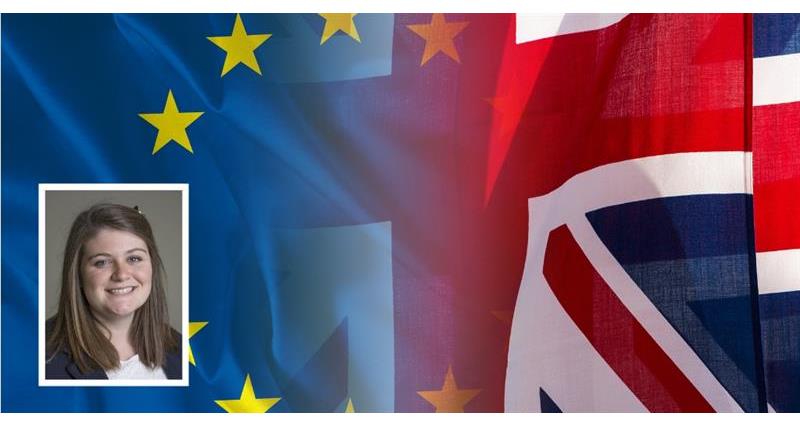NFU EU exit and international trade adviser Tori Morgan takes a look at the proposals:
As uncertainty grows about whether the Brexit deal – in other words the Withdrawal Agreement & Political Declaration – will pass the meaningful vote in Parliament later this month, parties on both sides of the Channel announced just before Christmas that they would be increasing their preparations for ‘no deal’.
In this regard, the European Commission announced on 19 December that it would be starting to implement its 'no deal' Contingency Action Plan for specific sectors. The relatively brief package focuses on areas where a 'no deal' scenario would create major disruption for citizens and businesses in the remaining EU 27.
In the communication the Commission calls on all Member States to accelerate their work in preparing for all eventualities. They make it very clear to Member States that any contingency measures relating to the UK must not replicate the benefits of membership of the EU nor should they replicate any terms of the transition period as provided for in the draft Withdrawal Agreement. This really sets the Commission’s tone for the communication and multiple times it reminds the remaining EU 27 that they should not enter into bilateral agreements, arrangements or even discussions with the UK as this would break EU law. Any contingency measures which are implemented should be in pursuit of the EU’s interests and, crucially, should be revocable unilaterally at any time.
Citizens rights
The Commission states that citizens residing in the UK would no longer be protected by EU rules of free movement. UK nationals in the EU would be subject to (as of the withdrawal date) the general rules which apply to any other third country national in the EU. However, the Commission does call on Member States to take a ‘generous approach’ to UK nationals already living in their territories and welcomes the past assurances from Theresa May that EU citizens would also be protected in a similar way.
The Commission suggests that UK citizens wanting to make short trips to the EU (up to 90 days in a 180 day period) would not need a visa to travel, but only on the basis that the UK does the same for EU nationals. Anyone who wishes to reside for longer than 90 days must obtain a residence permit or long stay visa. Any UK nationals who have been legal residents in one Member State for a period of five years (which includes time before the point of exit) must be granted (subject to certain conditions) long term resident status in that Member State as per Union rules.
Road haulage
In the event of no deal the Commission recognises that road haulage between the EU and UK would be severely restricted and would be limited by quotas. To mitigate against this huge disruption the Commission proposes to allow UK operators to temporarily carry goods into the EU for a period of nine months, provided the UK reciprocates and subject to conditions on fair competition.
Customs and the export of goods
The Commission calls on Member States to take all the necessary steps so as from the point of exit they are in a position to treat the UK as a third country as far as customs is concerned. This means they will apply the relevant EU tariffs and the relevant rules on indirect taxation to all imports from and exports to the UK. They confirm that if a good started transit before withdrawal date but arrived in the EU after the withdrawal date the good should be considered a non-Union good and treated as such. This will also mean that any VAT due must be paid at the point of importation into the EU.
In conclusion…
This short 10-page communication from the Commission makes it very clear from the outset that its overriding objective is to protect the interests of the remaining EU 27. While the measures proposed would be helpful to the UK if we were to have a disorderly exit, it must be remembered that they are only temporary and are revocable at any time.
It once again highlights the disruption that no deal would mean and reaffirms the need for the UK to leave the EU with a deal in place. The NFU is very clear that a no-deal 'cliff edge' outcome would be devastating for our industry and we will continue to work tirelessly to ensure the situation does not materialise.
